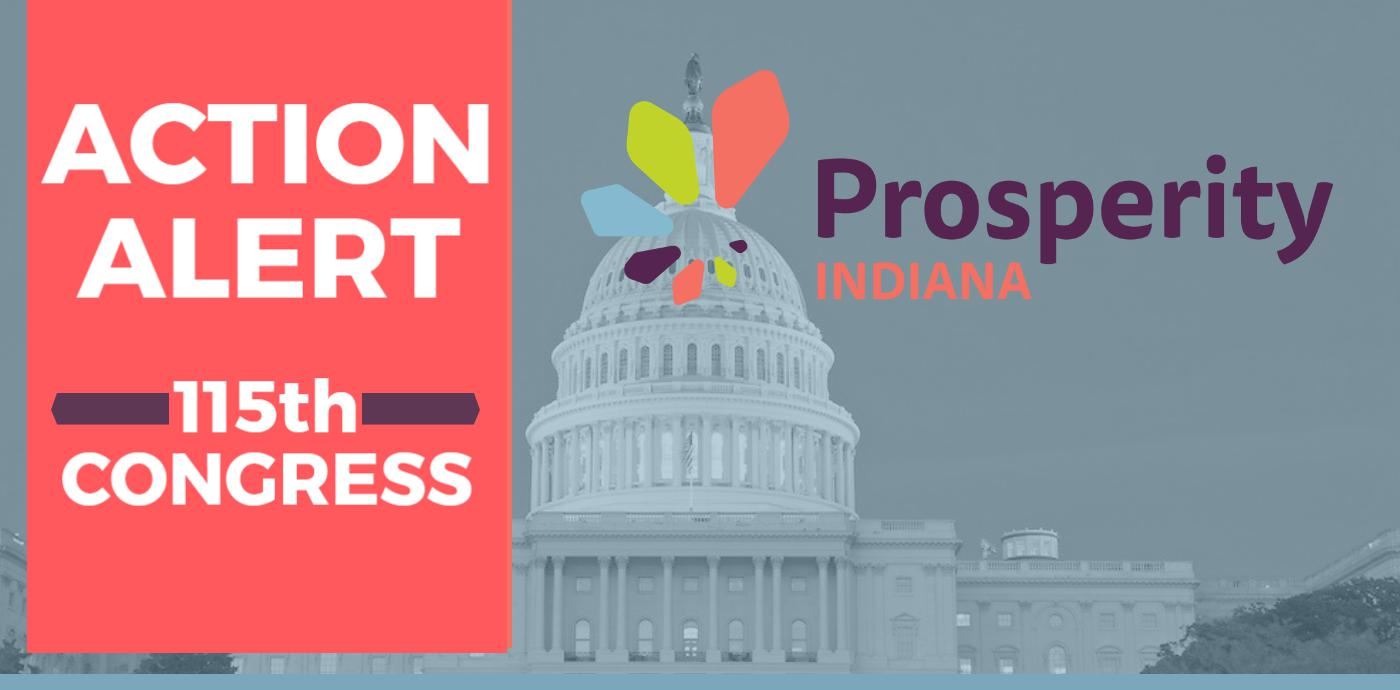 Critical Funding Update:
Critical Funding Update:
On August 2, the Senate approved its Transportation-HUD Appropriations bill. As outlined below, the bill includes $12 billion above the Administration’s request and $1 billion above the House version. This post details funding levels below, but here is a summary of the amendments added during debate.
- An amendment to have the U.S. Department of Agriculture report to Congress on the agency’s strategy to preserve affordable rental homes in rural America.
- An amendment to direct HUD to ensure landlords cannot unlawfully evict or deny housing to people based on their status as survivors of domestic violence.
- An amendment instructing HUD and the Environmental Protection Agency to report on the removal of lead-based paint and other hazardous materials.
- An amendment to prohibit those charged with certain crimes from receiving housing assistance. This provision is concerning for member interests due to concerns over how it would be implemented and we will reach out legislators ahead of reconciliation with the House bill.
Senate Budget Breakdown From Earlier this Year:
On Thursday, June 7, the Senate Appropriations Committee voted to advance its FY19 THUD bill. The bill is stronger for housing programs than the House bill, providing $1.8 billion in additional funding – that works out to $12 billion above the president’s FY19 request and more than $1 billion above the House proposal.
The Senate bill:
- rejects any harmful rent increases
- does not impose work requirements or time limits
- unlike the House bill that does not include sufficient funding to renew all vouchers, the Senate bill fully funds existing rental assistance contracts and provides new funding for 7,600 new vouchers aimed at veterans and youth aging out of foster care.
Programs that would maintain the Omnibus funding levels:
- The bill would renew all Section 811 Housing for Persons with Disabilities ($154 million)
- Section 202 Housing for the Elderly ($678 million) and provides enough funding for new construction under Section 202.
- HOME Investment Partnerships program ($1.36 billion)
- Community Development Block Grants ($3.37 billion)
Programs receiving increases include:
- Public Housing ($2.78 billion for capital repairs and $4.76 billion for operating)
- Homeless Assistance Grants ($2.6 billion), Family Self-Sufficiency ($80 million)
- Healthy Homes & Lead Hazard Control ($260 million)
- The Office of Policy Development and Research ($100 million).
The only significant cut is to the Choice Neighborhoods program, which was cut b $50 million.
The House has yet to schedule a floor vote on its companion bill, for background on those figures,
click here.

